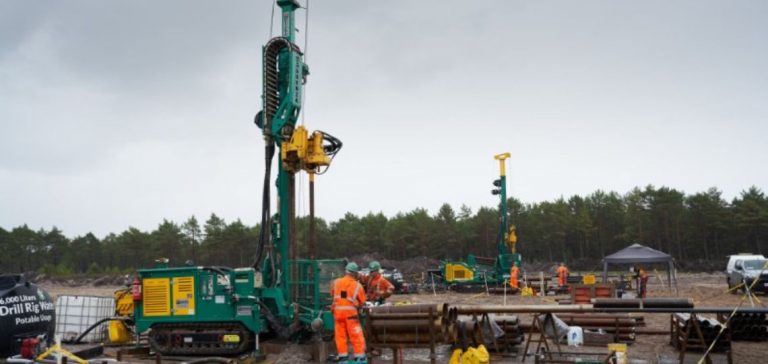The Polish government’s decision to invest 60 billion zloty in the construction of its first nuclear power plant marks a decisive milestone in the country’s energy strategy.
The project is being carried out by Polskie Elektrownie Jądrowe (PEJ), a state-owned company, and is based on AP1000® technology from Westinghouse Electric Company.
The chosen site is located in Choczewo, in the Pomerania region.
This investment is part of a global effort to reduce dependence on fossil fuels and secure long-term energy supplies.
The AP1000 technology, already deployed in several countries, is renowned for its passive safety systems and modular design, which reduces construction times and costs.
The plant’s generating capacity is expected to reach several gigawatts (GW), meeting a significant part of Poland’s growing energy demand.
By opting for nuclear power, Poland aims to diversify its energy sources while continuing to decarbonize its electricity sector.
Major economic and industrial impact
In addition to its energy benefits, the construction of this plant will have a significant economic impact.
Estimates point to over 100 billion zloty in direct and indirect economic spin-offs, thanks to the creation of jobs both during the construction phase and in the long-term operation of the plant.
More than 10,000 direct jobs are expected to be created during the construction phase, and thousands more will follow to operate and maintain the plant.
The project also includes the development of a local supply chain.
Westinghouse and Bechtel, the main industrial partners, have already organized several events with Polish suppliers to integrate local companies into the construction and maintenance process.
Over 500 companies have already been identified as potential partners.
The development of local expertise in the nuclear field will strengthen the country’s autonomy in the management of this new infrastructure.
International cooperation and geopolitical implications
The project enjoys strategic support from the United States, which sees this partnership as a way of strengthening ties with Poland, while supporting its ambitions for decarbonization and energy independence.
The US Department of Energy is also involved in training a new generation of nuclear energy specialists.
This includes the creation of academic programs in partnership with the Gdansk University of Technology and the Warsaw University of Technology, aimed at developing specific nuclear skills.
Poland’s decision to turn to American nuclear technology also echoes the country’s desire to diversify its energy alliances, particularly against a backdrop of tensions with Russia.
Indeed, dependence on fossil fuels, particularly natural gas, has always been a point of vulnerability for Poland.
This project therefore aims to strengthen the country’s energy independence, while aligning its ambitions with those of its Western allies.
A model for Eastern Europe
Poland is not the only country in the region exploring nuclear solutions to strengthen its energy independence.
Countries such as Ukraine and Bulgaria have also opted for AP1000 technology for their own nuclear projects.
The choice of this technology, given its advantages in terms of safety and performance, is part of a regional trend towards modernizing energy infrastructures.
U.S. involvement in these projects, whether in Poland or elsewhere, strengthens the U.S. presence in strategic energy sectors in Central and Eastern Europe.
It also goes hand in hand with a desire to counter the growing influence of Russia and other international players in the region’s energy market.
Long-term outlook
With this project, Poland is positioning itself as a key player in the energy transition in Central and Eastern Europe.
In addition to meeting growing energy demand, the Choczewo nuclear power plant is expected to contribute to the region’s economic stability by creating new jobs and training a new generation of nuclear specialists.
This long-term project is one of the pillars of Poland’s strategy to ensure sustainable energy independence, in line with European decarbonization objectives.
Thanks to this infrastructure, Poland will be able to play a strategic role in the region’s energy future.






















